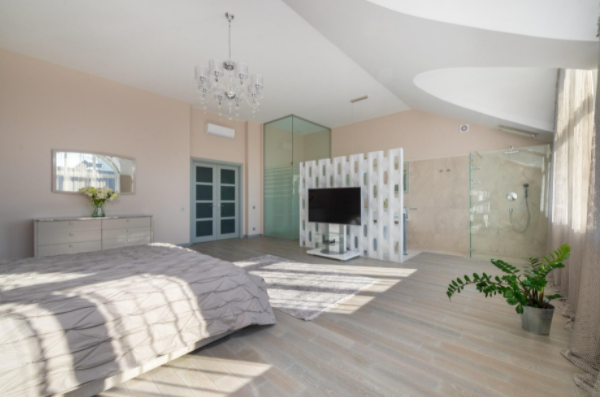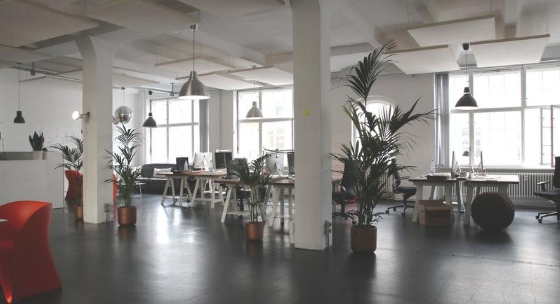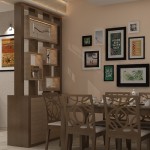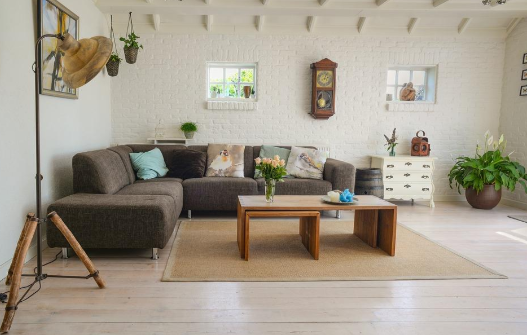Creating an open and welcoming office environment is essential for fostering collaboration, creativity, and employee satisfaction. An inviting workspace can boost morale, enhance productivity, and promote a positive company culture. Here are some strategies to transform your office into a space that employees will love to work in.
Assess Your Current Layout
Before making any changes, evaluate your current office layout. Take note of how your employees interact with the space. Identify areas that feel cramped or isolated and consider how traffic flows through the office. Gathering input from employees can provide valuable insights into what changes would enhance their work experience.
Embrace Open Spaces
Open office layouts encourage collaboration and communication among team members. Consider removing unnecessary walls or partitions that create barriers between workstations. An open floor plan can help foster a sense of community, making it easier for employees to engage with one another. If complete openness isn’t feasible, consider using low partitions or transparent materials that maintain a sense of openness while providing some level of privacy. For additional insights on creating an inviting office space, visit Doors of Steel at doorsofsteel.co.uk for resources and ideas that can help you enhance your workplace environment.
Incorporate Flexible Workspaces
Flexibility is key in creating a welcoming office environment. Incorporate different types of workspaces to accommodate various working styles. Include areas for focused work, such as quiet zones or individual offices, alongside collaborative spaces like meeting rooms, lounges, and breakout areas. By providing options, you empower employees to choose where they feel most productive.
Enhance Natural Lighting
Natural light is vital for creating a warm and inviting atmosphere. It has been shown to improve mood, energy levels, and overall well-being. Whenever possible, arrange workstations near windows or use glass partitions to allow light to flow throughout the space. If natural light is limited, consider using bright, warm artificial lighting to mimic daylight and create a cheerful environment.
Add Comfortable and Inviting Furniture
The choice of furniture significantly impacts the overall ambiance of the office. Opt for ergonomic chairs and desks that promote comfort and good posture. Incorporate soft seating areas with couches and armchairs to create relaxing spaces where employees can unwind or have informal meetings. Additionally, consider using vibrant colors and unique designs to add personality to the office and make it feel more welcoming.
Bring in Nature
Integrating natural elements into your office design can enhance the overall atmosphere. Consider adding indoor plants, which not only improve air quality but also create a calming environment. Natural wood finishes and stone accents can also contribute to a warm, inviting aesthetic. Creating an outdoor space, such as a terrace or garden, can provide employees with a refreshing retreat during breaks.
Personalize the Space
Encouraging employees to personalize their workspaces can help them feel more connected to their environment. Allow for personal touches, such as photos, artwork, or decorations that reflect individual personalities and interests. Additionally, consider creating communal spaces where employees can showcase their talents or hobbies, further fostering a sense of community.
Conclusion
Transforming your office into an open and welcoming space requires thoughtful planning and consideration of your employees’ needs. By using the tips in this blog, you can cultivate an office environment that fosters collaboration and positivity. A thoughtfully designed office not only enhances the workplace atmosphere but also contributes to employee happiness and engagement, making them feel valued and motivated in their roles.








